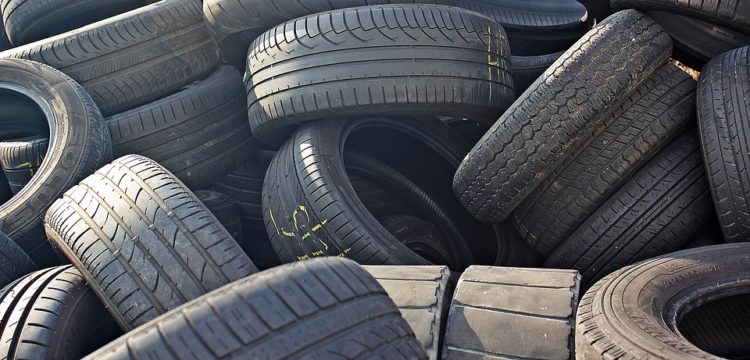In the current economic climate we all want to stretch our budget as much possible so that we can meet the demands of life. Buying part worn tyres has become a trend in the UK for motorists to want to save money or can’t afford brand new tyres. But are part worn tyres safe? And are they legal? Read on this article to get answers to these questions before you get yourself a part worn tyre from your nearest store.
Are Part Worn Tyres Legal?
Tyres are the only part of your vehicle that is in contact with the road surface, so they play a vital role in road safety. Steering, acceleration, cornering, and braking all depend on your tyres, so choosing the right tyres and maintaining them is important.
However, more than 1200 road casualties occur each year in the UK, due to under-inflated or defective tyres. To reduce these accidents and prolong your tyres’ life, you need to regularly check your tyres’ tread depth, pressure, and general condition. When you’re replacing your tyres, experts recommend fitting new tyres instead of second hand ones.
However, the law permits car spare parts dealers to buy and sell part worn tyres, as long as they meet a number of criteria. The sale of second hand tyres that don’t meet the set requirements is not only a criminal offence, but also constitutes a serious safety risk to the passengers, the driver, and other road users.
What Are The Legal Requirements?
To protect motorists, passengers, and other road, part worn tyres must meet the following requirements as per trading standards.
- Have a speed and load capacity index and EC approval mark.
- Be clearly marked with ‘PART-WORN’ using upper case letters
- Not have any lump, tear bulge either internally or externally
- Not have any exposed ply or cord
- Not have any un-repaired penetration damage
- The original tread depth must be at least 2mm
Although these rules have been set to regulate the sale of second hand tyres, the tyres are still a safety concern. What’s more, some dealers of these tyres still do not abide by the rules, further increasing their safety risk
Are Part Worn Tyres Safe?
We have seen that second hand tyres are legal in the UK. But are they safe? The quick answer to this question is they are not.
One of the main reasons why second-hand tyres aren’t safe is the potential dangers that are hidden within their internal structure. Although they may pass the tests that they are subjected to, the tests don’t use any x-ray equipment to view the internal structure. As such, it’s impossible to tell whether the tire has other damages invisible by naked eyes.
Another reason why part worn tyres are a safety risk is because of their reduced tread depth. Most part worn tyres in UK are usually imported, with many originating from Germany, where the minimum tread depth required by law is 3mm. The tyres are imported with about 50% of the initial tread depth remaining, which means that they have likely been used for thousands of miles before the sale.
Unlike brand new tyres that have 8 mm tread depth, second-hand tyres have an average depth of 3-4mm. Tyre treads are not only important for traction on dry roads, but also they are vital on wet roads, whereby they help in dispersing water from the tyre’s contact area. So, when you fit your vehicle with low depth tyres, water will be trapped between the tyres and the road; this will lead to a higher risk of losing control of your vehicle.
The last reason is that it’s hard to know the whole history of a second hand tyre. Unless you have some magic, you can never know how many times it has hit kerbs or punctured, or if there’s any invisible damage.
Final Word
As you may have learned by now, buying part worn tyres in the UK is legal but risky business. However, if you are still determined to purchase them, then you have to be extra vigilant to ensure the tyres meet the legal requirements. Ensure the tyres do not have cracks, nails, or screws on the treads or sidewalls or irreparable damage.
